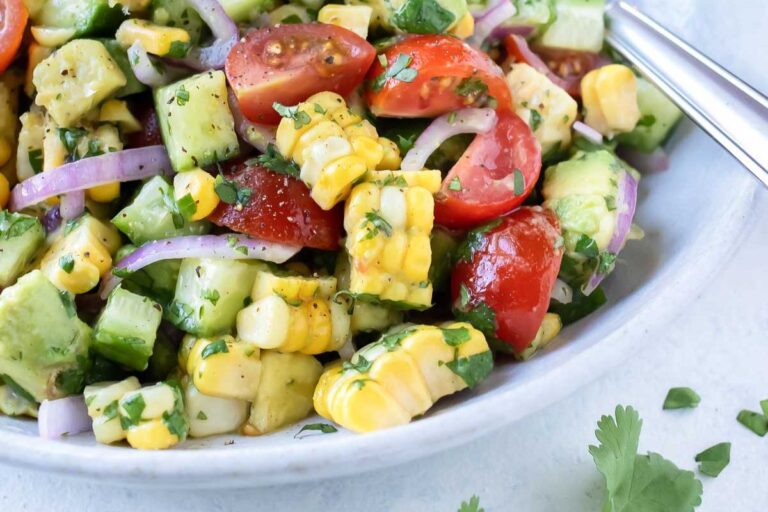15 Foods My Doctor Told Me to Avoid for High Uric Acid
If you’ve been told you have high uric acid levels, it might be time to examine your diet more closely. Uric acid builds up when your body breaks down purines found in many foods. High uric acid can lead to painful conditions like gout, so avoiding certain foods is important.
My doctor provided a list of foods to avoid, and I was surprised by some of the everyday items. Here’s what they told me to avoid to help keep my uric acid levels in check.
Red Meat
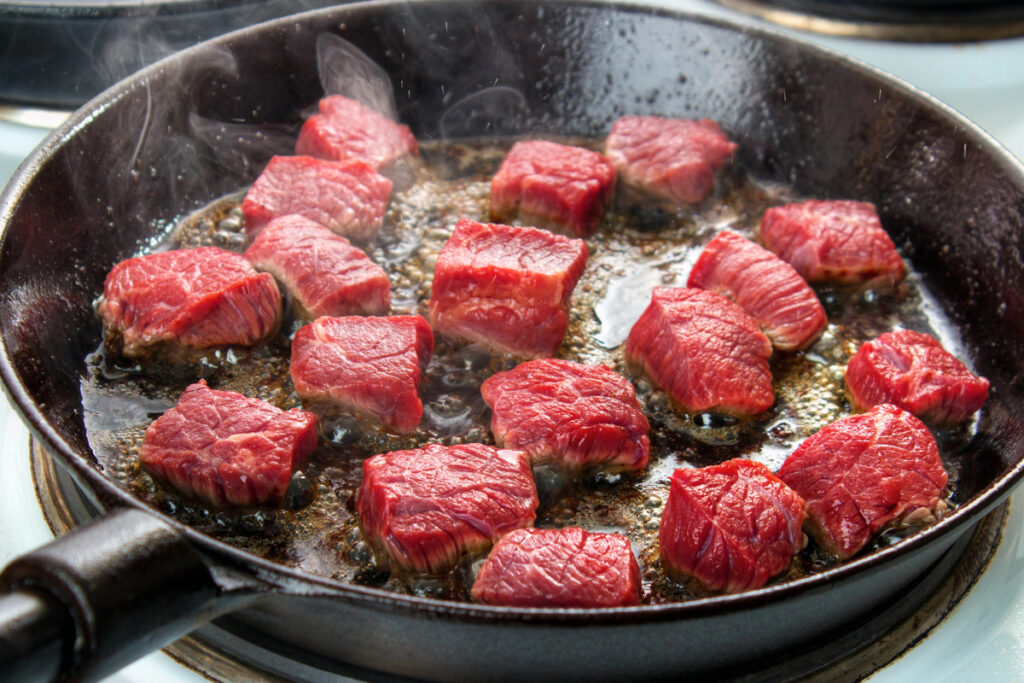
Red meats, like beef, lamb, and pork, are high in purines. Consuming them can raise uric acid levels in your blood. If you love red meat, you don’t have to cut it out completely, but eating it less often can make a difference.
Try opting for leaner meats like chicken or turkey instead. Fish and plant-based proteins can also be good alternatives. It’s also important to keep portions small when you do indulge.
Organ Meats
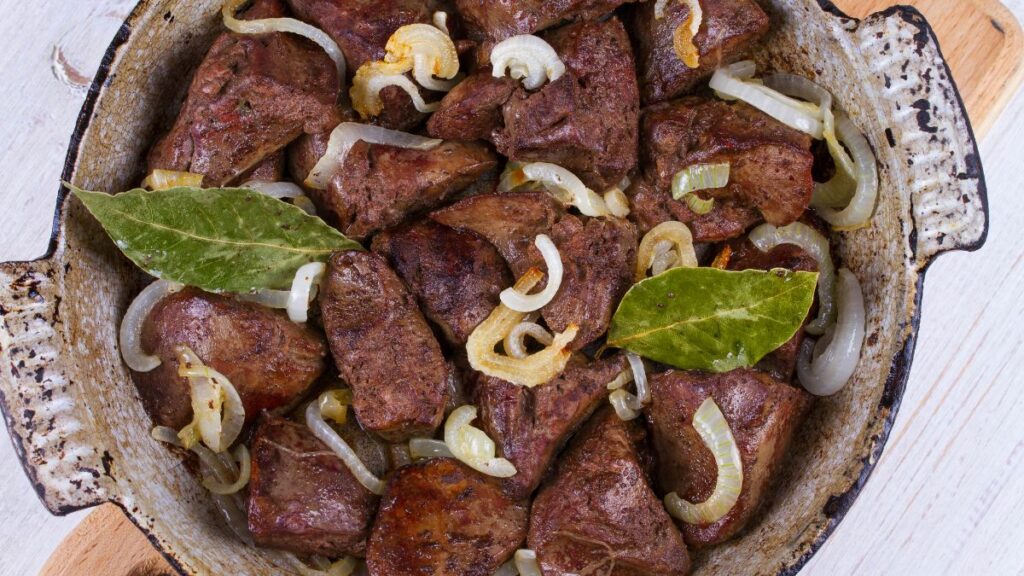
Organ meats like liver, kidney, and brain are packed with purines. My doctor told me that these meats can quickly increase uric acid levels, leading to gout flare-ups. If you have high uric acid, it’s best to avoid them entirely.
If you’re used to eating organ meats as part of your culture or diet, consider switching to alternatives like beans or tofu. These foods are lower in purines and won’t raise uric acid levels as much. Making this switch has helped me manage my symptoms better.
Seafood
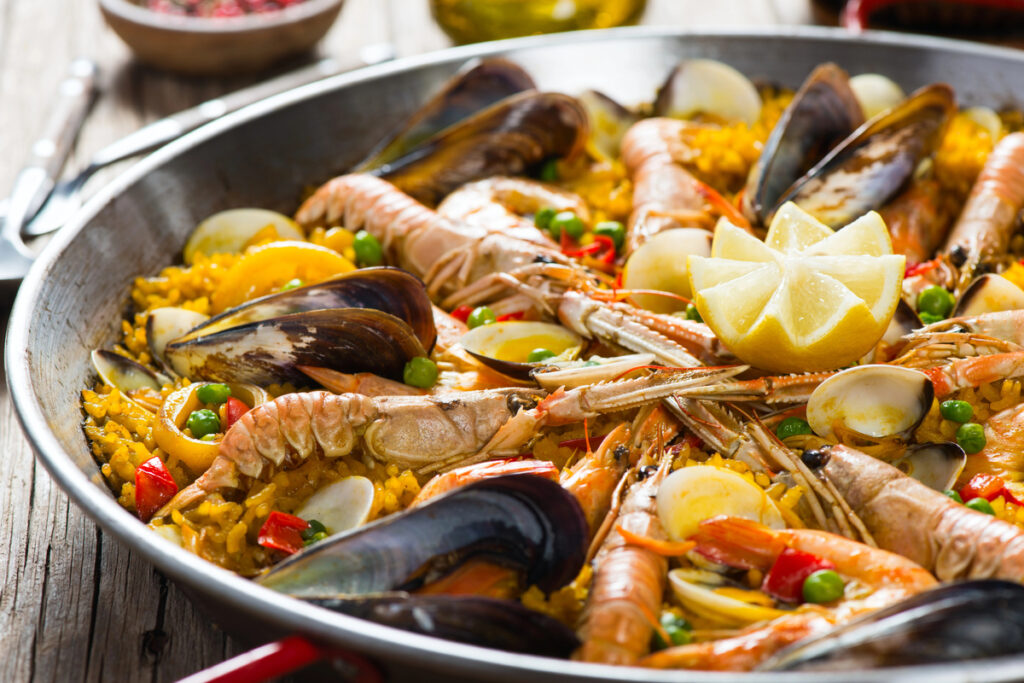
Some types of seafood, like sardines, anchovies, and mussels, are high in purines. Eating them regularly can trigger a rise in uric acid levels. If you love seafood, stick to low-purine options like shrimp, salmon, or haddock. These are less likely to cause problems. You don’t have to give up seafood entirely; just be mindful of your choices. As always, moderation is key.
Sugary Drinks

Sugary drinks, such as sodas and fruit juices, can increase uric acid levels even though they don’t contain purines. The fructose in these drinks leads to the production of more uric acid in your body. My doctor recommended cutting out sugary beverages altogether.
Water, sparkling water, and herbal teas are great alternatives. If you crave something sweet, try flavored water with slices of fresh fruit. Drinking more water also helps flush uric acid from your system.
Alcohol

Alcohol, particularly beer and liquor, is bad news for uric acid levels. Drinking alcohol interferes with your body’s ability to eliminate uric acid, causing it to build up. My doctor suggested avoiding beer completely because it contains purines that increase uric acid.
Even wine, while lower in purines, should be consumed in moderation. If you enjoy social drinking, stick to non-alcoholic options or drink in smaller amounts. Reducing alcohol intake can significantly lower your risk of gout.
Shellfish
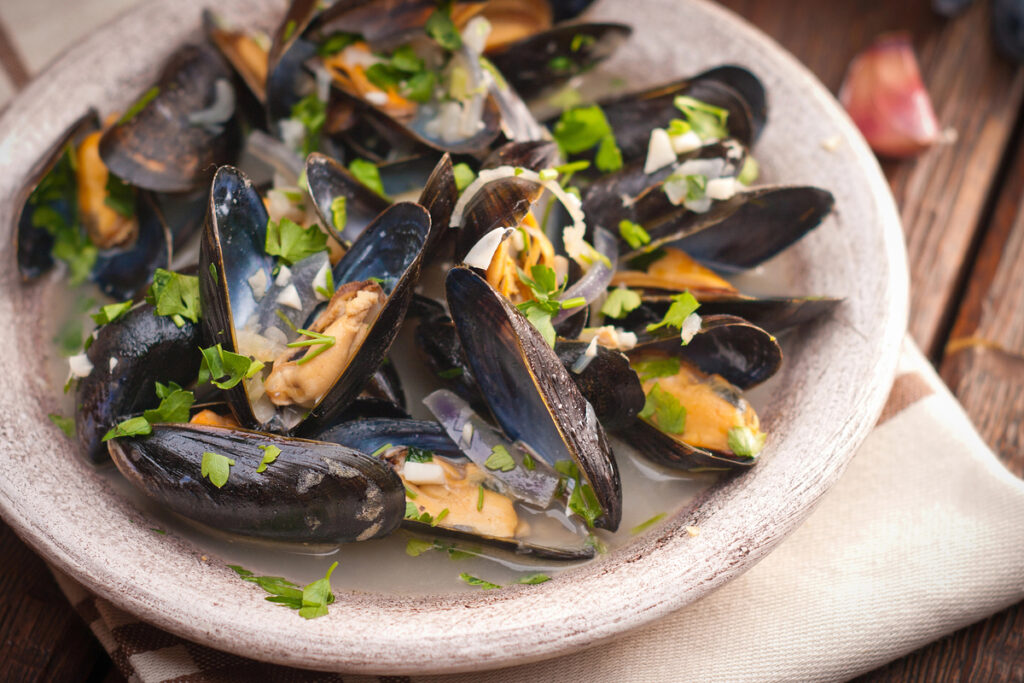
Shellfish, such as shrimp, crab, and lobster, are another group of foods to watch out for. Like certain other types of seafood, shellfish are high in purines. Eating these regularly can spike uric acid levels and trigger painful gout attacks.
My doctor advised me to limit shellfish to occasional consumption. If you do enjoy shellfish, try pairing it with low-purine foods and keeping portions small. Switching to plant-based proteins or poultry is often a safer option.
Processed Foods

Processed foods, like packaged snacks, instant meals, and fast food, can contain high levels of sugar, unhealthy fats, and chemicals that may affect uric acid levels. These foods are often low in nutrients but high in calories, which can contribute to weight gain—another factor that can worsen gout.
My doctor recommended cutting back on processed foods and focusing on whole, fresh foods. It might take some time to adjust, but the benefits for your overall health are worth it. Home-cooked meals with fresh ingredients can make a big difference.
Sugary Desserts

Cakes, cookies, pastries, and other sugary desserts can raise uric acid levels because of their high sugar content. Even though they don’t have purines, they can still trigger problems. My doctor encouraged me to replace sugary treats with healthier options like fruits or low-sugar snacks.
If you have a sweet tooth, try dark chocolate or naturally sweetened snacks in moderation. The key is finding balance while still satisfying your cravings. Making these swaps has helped me reduce my sugar intake and keep my uric acid in check.
Beer

Beer is one of the worst offenders when it comes to raising uric acid levels. Not only does it contain purines, but it also slows down your body’s ability to excrete uric acid. My doctor advised me to avoid beer altogether, as even small amounts can lead to gout flare-ups.
If you enjoy beer, non-alcoholic alternatives can be a good substitute. Cutting out beer has been a game-changer for me in managing my uric acid levels. Instead, I focus on drinking water or herbal teas.
Processed Meats

Processed meats like sausages, hot dogs, and bacon are full of purines and preservatives that can raise uric acid levels. They are also high in unhealthy fats, which can contribute to weight gain and other health issues.
My doctor recommended switching to healthier protein sources like lean chicken, fish, or plant-based alternatives. While it can be tough to give up processed meats, the long-term benefits for your health are worth it. Making smarter choices regarding protein has helped me feel better overall.
Asparagus
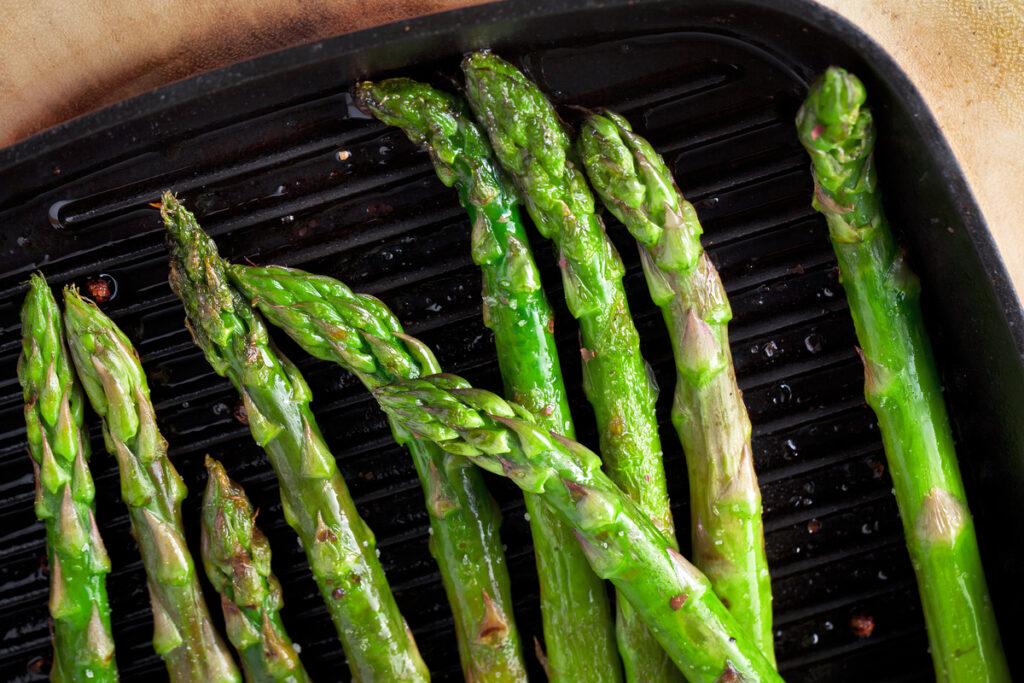
Certain vegetables, like asparagus, are higher in purines than others, affecting uric acid levels. While most vegetables are safe, my doctor suggested limiting asparagus, spinach, and mushrooms. These veggies can still be part of a healthy diet but in moderation.
Instead, I’ve started eating more low-purine vegetables like lettuce, cucumber, and carrots. Balancing my vegetable intake has made managing my uric acid levels easier. Eating a variety of vegetables helps ensure you get all the nutrients you need.
Gravies and Sauces
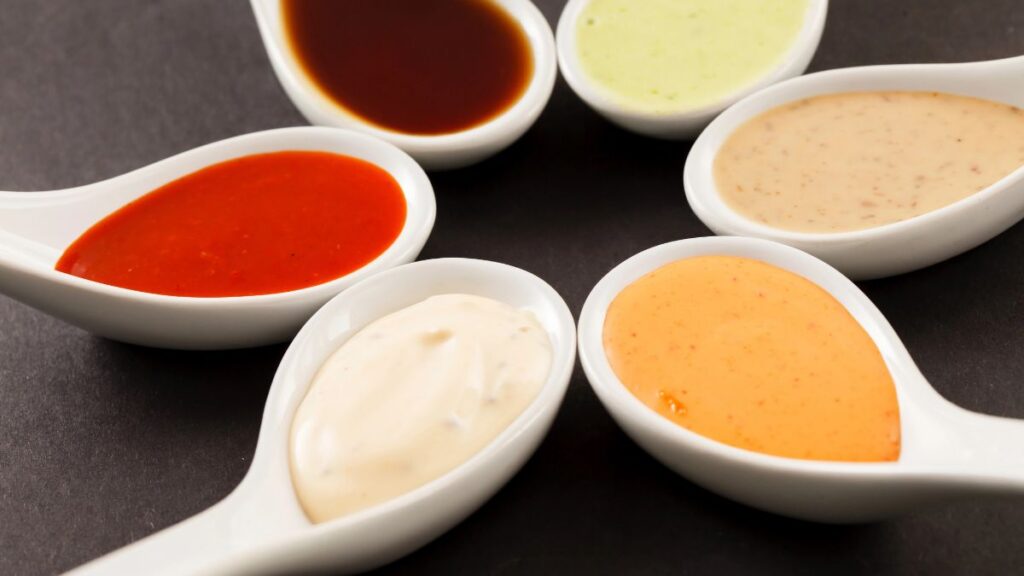
Rich gravies and sauces, especially those made from meat drippings, are high in purines. My doctor told me that these can contribute to higher uric acid levels. If you enjoy flavorful sauces, try using low-sodium broths or vegetable-based gravies.
You can also season your food with herbs and spices for added taste without the risk. Making these small changes has helped me keep my meals enjoyable without increasing my uric acid. It’s all about finding healthier ways to flavor food.
Yeast

Yeast, both brewer’s and baker’s, is high in purines and can raise uric acid levels. My doctor suggested avoiding foods made with yeast, such as certain breads and alcoholic beverages. It might seem challenging at first, but plenty of yeast-free alternatives are available.
I now opt for yeast-free breads and avoid foods that use yeast extract as an ingredient. It’s a small change, but it has made a noticeable difference in how I feel. Reading food labels carefully can help you avoid yeast.
High-Fat Dairy
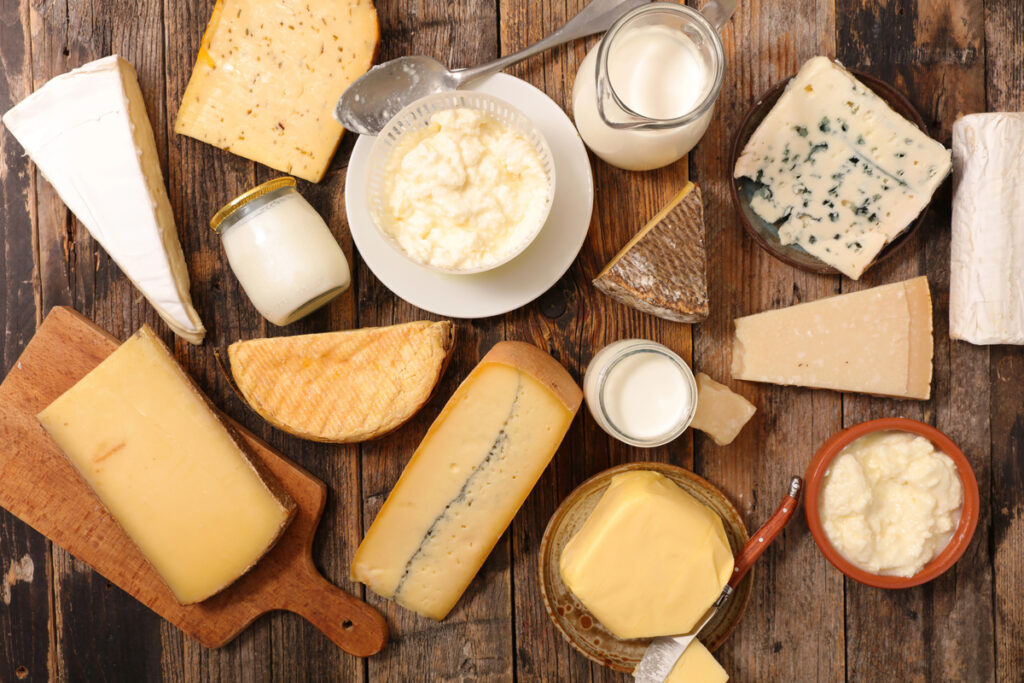
Full-fat dairy products like whole milk, cream, and cheese can contribute to high uric acid levels. My doctor recommended switching to low-fat or fat-free dairy options to avoid this issue. Dairy is an important part of my diet, so I didn’t want to cut it out completely.
By choosing healthier dairy options, I’ve been able to keep my uric acid in check while still enjoying foods like yogurt and milk. Low-fat alternatives are widely available and taste just as good. This simple swap has been easy to make.
Lentils and Beans
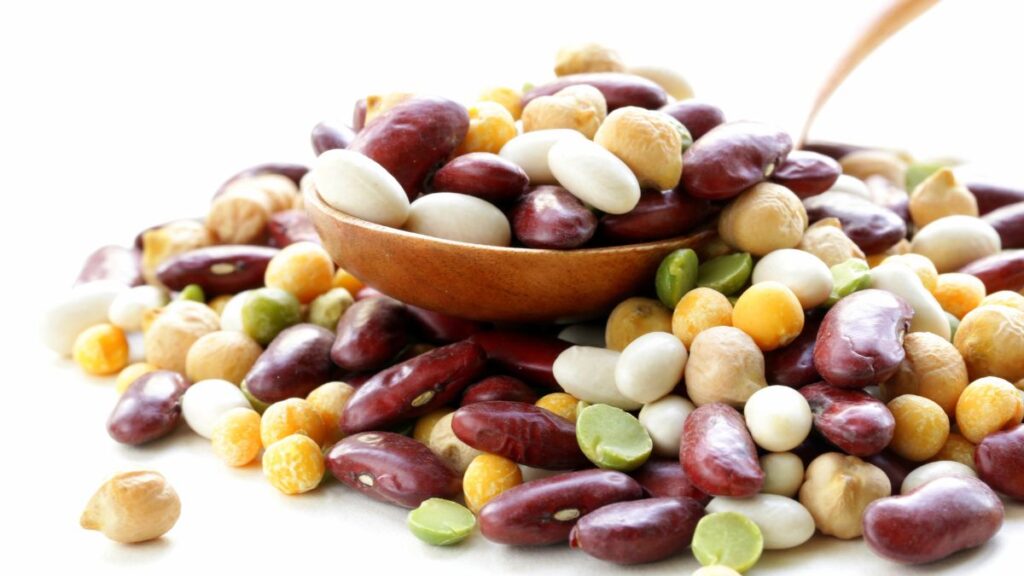
Although lentils, beans, and legumes are good sources of plant-based protein, they do contain moderate levels of purines. My doctor advised me to be mindful of portion sizes when eating these foods. I still include them in my diet but in smaller amounts. Pairing them with low-purine vegetables helps balance things out.
If you rely on beans or lentils for protein, consider rotating them with other low-purine protein sources like eggs or tofu. Managing portion sizes has helped me maintain a balanced diet while controlling my uric acid levels.
15 Things That Have Become So Expensive People Are Giving Them Up

With the cost of living steadily increasing, people are being forced to rethink how they spend their money. Many everyday items, services, and activities have become too expensive to justify.
15 Things That Have Become So Expensive People Are Giving Them Up
15 Things You Should Never Share With Anyone

While sharing personal information has become increasingly common, it’s essential to recognize that not everything is meant to be shared with others. Some aspects of our lives are best kept private to protect our well-being, relationships, and sense of self.






